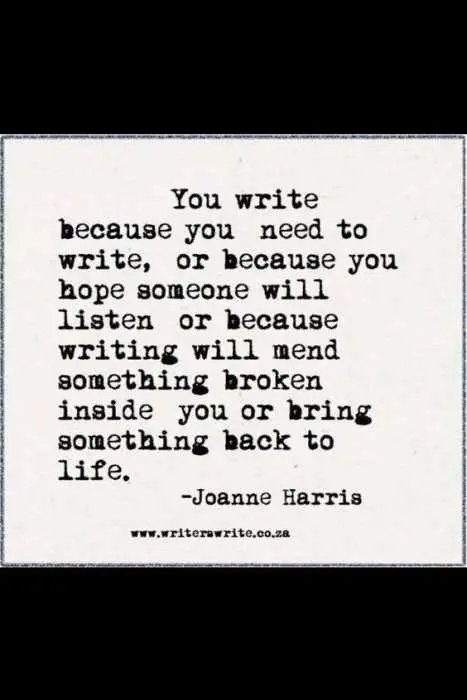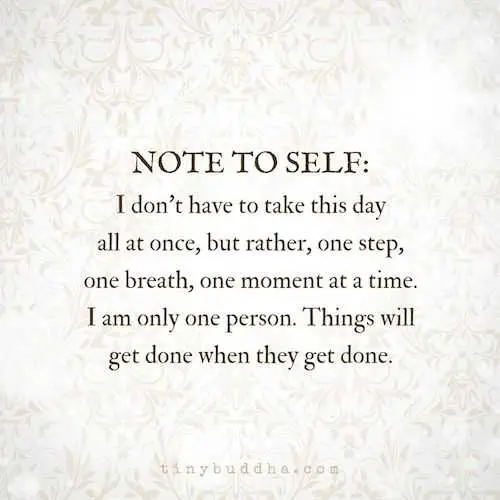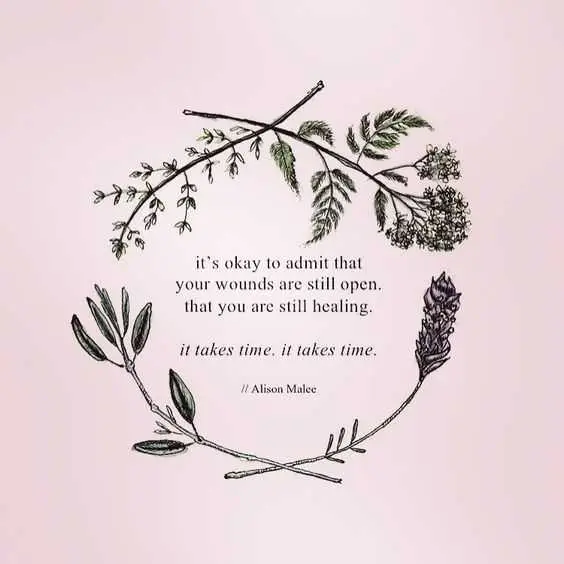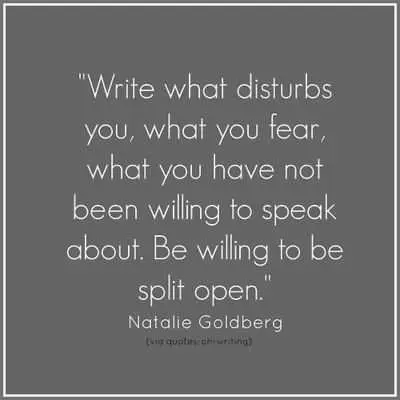Why Journaling Can Improve Your Mental Health and Physical Well-Being

Do you remember the days of your Hello Kitty diary? Maybe it’s time to take a cue from your childhood and start a journal or diary again. Journaling has long been a popular method for stress management and if you haven’t tried journaling, you might want to give it a shot. Endless studies and experts have testified to the benefits of journaling on your health, and it’s a great way to record your life as well.

Journaling as a Stress Reliever and Mental Health
Keeping a journal for stress management is making an investment in your mental and physical health. When you journal, you acknowledge your thoughts, feelings and emotions, rather than letting them stay bottled up inside — a habit that’s never healthy. As you write about yourself, you also gain self-knowledge, something that’s very valuable.

If you regularly have mood swings, bouts of depression, or plenty of self-doubt, you can record these moments and see if there’s a pattern. Having such a record is a great way to furnish your therapist or counselor with your day-to-day symptoms, anxieties and worries. Studies show that writing negative or stressful situations can also help alleviate the occurrence of intrusive thoughts. By writing down the experiences, you’re giving your brain a chance to breathe and process it more naturally. Last but not least, if you journal and write down your goals, you increase the chances you’re going to achieve them, especially if you see them written down nearly every day or week.

Physical Health Benefits of Journaling
Journaling can also address your physical health. First up is sleep. By writing down things on your mind before going to bed, you take them off your mind and onto the page. Journaling can also encourage healing, especially if you are reducing stress on your body and mind. University of Texas at Austin psychologist and researcher James Pennebaker contends that journaling often helps your body manage stress, yes, but can also improve asthma, rheumatoid arthritis and sleep. A 2013 study held in New Zealand examined how journaling affected individuals who required a biopsy. The study featured participants writing about traumatic emotions and thoughts towards receiving the procedure. Final results showed that 76% of those participants had fully healed just 11 days after the biopsy, compared to 42% of the control group. There have also been studies for cancer patients and journaling, such as a 2008 one in the Journal of Pain and Symptom Management. The study focused on individuals who would spend at least 20 minutes once a week about living with cancer. The result was a reported higher level of well-being and incidents of less pain. The correlation is clear with these other studies: journaling improves incidents of healing.

How to Start a Journal
The beautiful thing about a journal is that it doesn’t need to be done exactly the same way every time. Some people use their journals as brain dumps, writing everything that’s on their mind on the page. Others use a traditional diary or journal where they record their day, from what they did to how they felt. Some people may just write their favorite memories of the day, or they may respond to journal prompts. Don’t worry about doing journaling “right,” just find your own way you love.

Another popular form of journaling makes its way across the Internet and Pinterest is the bullet journal. The bullet journal was created by Ryder Carroll is meant to help you log the past, track the present and plan the future. You can make it into a journal, planner and log all in one. That’s a rather simplistic version, but you’ll quickly see that many people make their bullet journals their own and you can too. To get started, you just need a notebook of any size, shape, or design. Find what works best for your writing style. Grab some pens, markers, stickers, highlighters, and anything else you want and get started. You can find some great bullet journal layout page ideas here.
